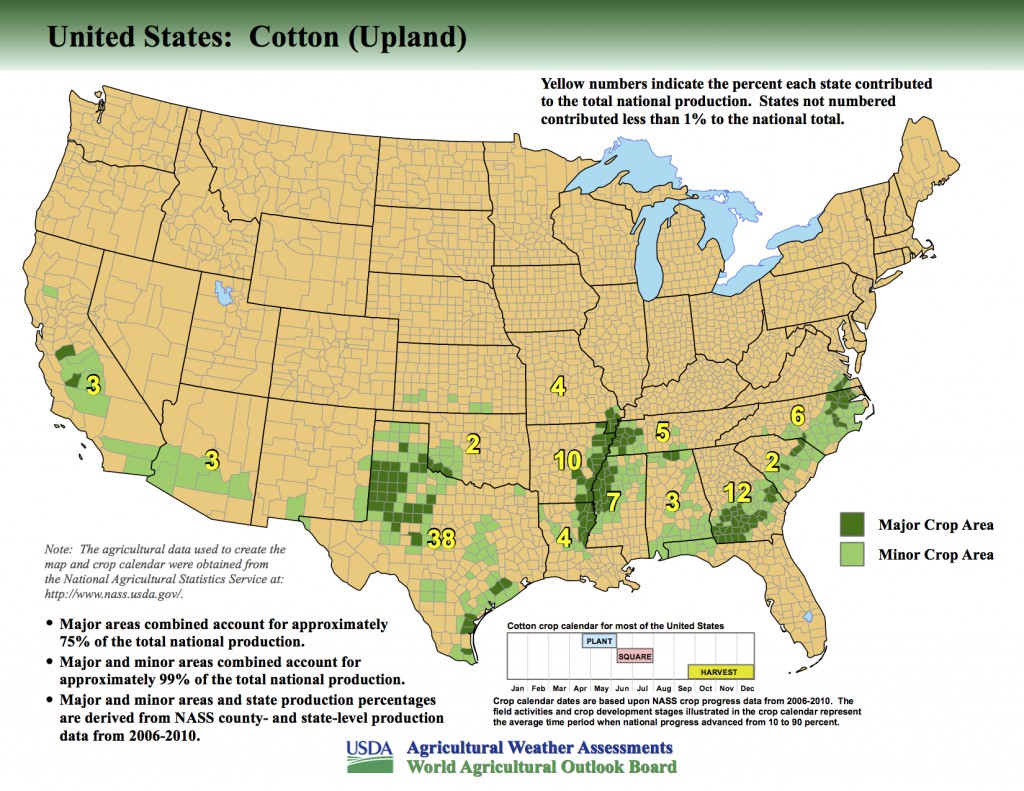That depends very much on what you mean by the term "the North" in this context. The average Joe citizen of the north was not afraid of Southern secession, and in fact most of them were in favor of "Wayward sisters depart in peace." The people who were afraid of the South's secession were the power barons of New York and Washington on who's fortunes European trade depended. (The same people whom we regard today as the "crony capitalist/establishment/deep state." )
In other words, the very wealthy and powerful men who backed Lincoln for the Presidency, and who were reaping the benefits of the lopsided trade policy and government subsidies.
No, it was the South that was deathly afraid the high tariffs which protected Northern industry from European imports would lead to increased retaliatory tariffs on their goods, leaving cotton and tobacco income damaged in the crossfire.
They didn't fear it. They had been living with it for decades. They were simply sick and tired of it. How would you like to be 1/5th of the total population but yet you are paying 75-85% of all taxes?
If slavery had anything to do with it, the Southern States' fear of the growing populations and political power in the North leading to their realization that they would never have the power to keep it in place by extending it west into new States and Territories, was the link.
The higher populations is what had given the Northern coalition so much control in congress that they were able to tax the Southern peoples at 75-85% (again, 1/5th their population) while the other 80% of the population was only paying the FedGov the remaining 15-25% of it's income. This is a perfect example of the flaw in Democracy in which two wolves and a sheep vote on what's for dinner.
Regarding your statement about the expansion of slavery into the territories, the oft repeated and commonly accepted claim is that there was an imminent threat that slavery would expand to the territories, and that if it didn't, it would wither and die. Therefore all opposition to expanding slavery into the territories was the consequence of concern for the black man, and none of it was done for self serving reasons like control of congress or anything.
A funny thing happened when I started looking at this claim. It doesn't hold up at all. In 1860, the dominant product of slave plantations was cotton, followed by Tobacco, and then lesser agricultural products, but Cotton was by far the dominant source of revenue for the slave industry. So could they have grown cotton in the Territories? I got to wondering if it were even possible, since we now have machinery to do all the work. If it was possible, we should be doing it now. So I looked it up.

A little further research informed me that Cotton cannot grow in West Texas, New Mexico, Arizona or California without heavy usage of modern irrigation systems, which were impossible in 1860. So the answer to the question is "No." Slavery could not have expanded to the territories because it was literally impossible to grow a slavery produced cash crop in these areas.
So they lied to us. There never was a risk of slavery "expanding" into the territories, because it was literally impossible. So why then were people supposedly so concerned about it? Could it be that the real issue was control of Congress?
Well they already made the laws heavily biased in favor of the Northern industrial alliance, and they had a system set up to tax the south heavily, and they also had laws set up to make New York control the European shipping. The robber barons were sitting in the catbird seat so long as the South didn't get enough states to side with it. Could it be that the propagandized concern about slavery expanding into the territories was ONLY about ensuring control of Congress?
Looks that way.